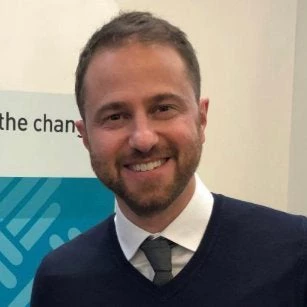Take these two numbers: 165 and 1. The former is the number of children in millions who are chronically malnourished or ‘stunted’; the latter is the number of robust impact evaluations comparing cash and in-kind transfers on malnutrition.
I emphasize ‘comparing’ since there is plenty of evidence on individual cash and in-kind (and voucher) programs, but very few studies deliberately assessing them under the same context, design parameters, and evaluation framework.
From this perspective, it is even starker that no robust evaluation has examined how alternative transfer modalities pan out on health, education, and shelter outcomes.
In other words, the evidence base across humanitarian objectives is uneven, and what we know about comparing cash and in-kind (mostly food) transfers is largely about food security impacts. And when it comes to comparing costs, evidence is even more scant. A new paper, ‘The Other Side of the Coin’, details this further.
Yet, an emerging narrative suggests that the evidence debate is over: humanitarians should embrace cash as a first-best, default option and the humanitarian system should be overhauled accordingly.
Clearly, the argument can go both ways: cash is a growing but still new tool in humanitarian settings, and there is a fair degree of uncertainty on whether it can, or should, replace in-kind assistance in domains like health or shelter, let alone protection.
At the same time, the humanitarian portfolio is predominantly provided in-kind, and for such a large volume of practice, the paucity of comparative evidence may be surprising.
Evidence is seldom ‘enough’, but sequence matters: since much of the risk that change invariably entails will be borne by beneficiaries, it’s important that reforms are well-informed.
In this vein, it might be good humanitarianism and economics to ensure that evidence across humanitarian objectives is at least non-absent.


Join the Conversation